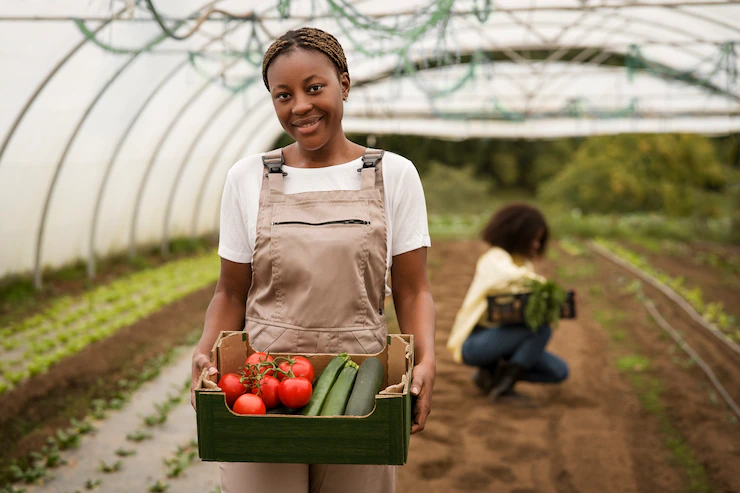I just read an incredible article titled “The Gift of Ecological Humility” by Leah Penniman, and it has deeply inspired me to reflect on the importance of ecological humility and its connection to Black ecological thought. In her article, Penniman highlights the Ifa divination system as a salient example of ecological humility and a powerful challenge to human supremacy.
The system of Ifa divination
The Ifa divination system, practiced among Yoruba communities and throughout the African diaspora, emphasizes the need to ask permission from the Forces of Nature (Orisas) before undertaking any major action. This Indigenous practice recognizes nature as divine and views rivers, hills, mountains, and even the Earth itself as sacred entities. It stands in stark contrast to the materialism and individualism often prevalent in Western societies.
Permission from the Forces of Nature
Unfortunately, Ifa divination, like many other Indigenous practices, has faced erasure and attack due to Western colonization and the influence of Christianity and Islam. However, Penniman emphasizes the importance of resisting this spiritual erasure, as it is fundamental to protecting the natural world.
At Soul Fire Farm, the organization Penniman is involved with, they utilize Ifa divination to seek permission from the land before making any significant changes. If this practice of pause and consent were universal, it would allow nature to communicate its needs and boundaries to us, and we could respond accordingly.
Environmental Stewardship
In addition to ecological humility, Penniman highlights the powerful soil ethic present in Black ecological thought. For centuries, women in Ghana and Liberia have been creating African Dark Earths by combining various types of waste to form compost with high concentrations of calcium, phosphorus, and organic carbon. Similarly, Ovambo farmers in Namibia and Angola have nurtured their soil through generations of practices such as mounding, ridging, and the application of natural fertilizers.
These ancestral soil practices are being revived and carried on by Black farmers today. They are leading the way in regenerative agriculture and soil stewardship, demonstrating how to feed communities without depleting or destroying the soil. Farmers like Leonardo Diggs, Keisha Cameron, and Germaine Genkins are just a few examples of the many Black farmers who are actively working towards a more sustainable and just food system.
Concept of Cultural Biomimicry
Penniman also introduces the concept of cultural biomimicry, as advocated by adrienne maree brown. She encourages us to mirror the patterns and principles of nature in our societal structures, just as the forest ecosystem operates through mutual aid and cooperation. Penniman provides an inspiring example of six grassroots Black and Indigenous-led projects in the Northeastern U.S. collaborating to create their own food system infrastructure, embodying the power of collective action.
In these challenging times, as we witness the fractures in our consumption-driven system and the urgent need for change, we must recognize our place as younger siblings in creation. We need to defer to the wisdom of the oceans, forests, and mountains and listen to the Earth to find our path forward. By embracing ecological humility and listening to the silent, small force within us and in nature, we can heal our society’s sickness and work towards a more just and sustainable future.
About Leah Penniman
Leah Penniman, a Black Kreyol farmer, author, mother, and food justice activist, has dedicated 25 years to tending the soil and organizing for an anti-racist food system. She serves as the founding co-executive director and farm director of Soul Fire Farm in Grafton, New York—a Black- and Brown-led project committed to food and land justice. Penniman has written two books: “Farming While Black: Soul Fire Farm’s Practical Guide to Liberation on the Land” (2018) and “Black Earth Wisdom: Soulful Conversations with Black Environmentalists” (2023).
Thank you for reading!
〰️
Link to the article:
[gs_pinterest id=2]
Subscribe to my newsletter, if you don’t want to miss more posts like this in the near future! Otherwise, you can also connect with me on my social media channels or contact me here.


